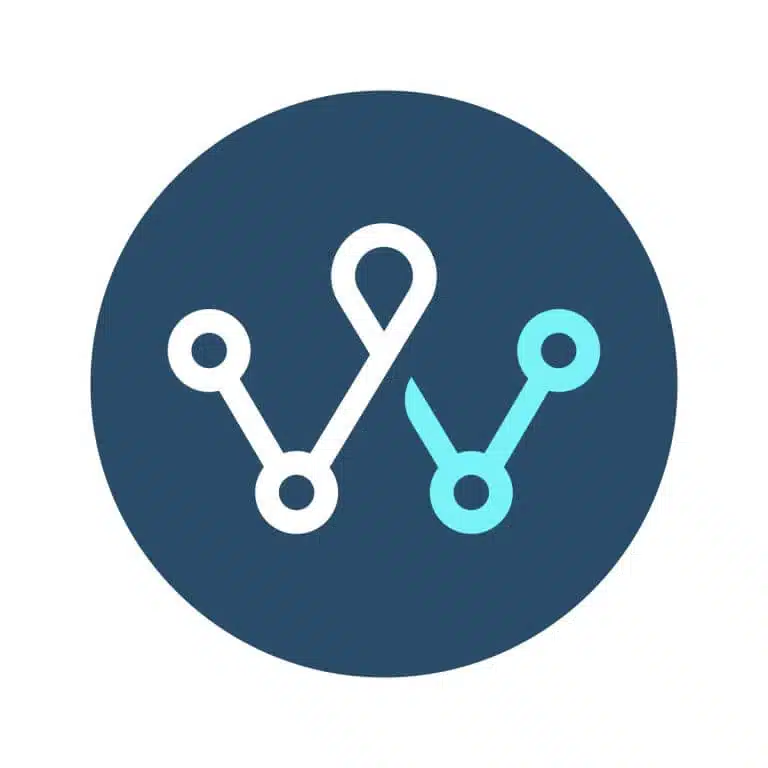Authored by: The WayPath CRM Team
Microsoft Dynamics CRM is an integrated and comprehensive platform, designed to work with the developer. It enables organizations to manage customer data, drive richer engagement and position themselves for resilience and agility through real-time analytics and business insights. In 2016, Dynamics CRM was replaced with Dynamics 365–a fully-rebranded solution specifically designed for customer engagement but based on the same underlying framework as its predecessor.
In this overview, we’ll cover 4 powerful features that every Microsoft Dynamics developer should be aware of–features that make Dynamics 365 one of the best CRM solutions in the market right now.
Who Uses Microsoft Dynamics 365 and Why?
Microsoft Dynamics CRM is a powerful business tool used by businesses of all sizes. It helps organizations manage their finances, operations, and customers in a more streamlined and efficient manner.
The system is versatile and can be customized to meet the specific needs of any organization. Additionally, it’s a cloud-based solution and updates are made regularly, ensuring that users always have access to the latest features and functionality.
There are a number of reasons why businesses choose to use Microsoft Dynamics 365. Some of the key benefits include:
Finance & HR Management
Microsoft Dynamics 365 helps businesses manage their finances more effectively. It provides tools and dashboards that give a clear overview of the financial health of the organization to help them make better decisions about where to allocate their resources.
It also streamlines the process of managing employee files by enabling human resources personnel to manage information across multiple areas such as recruitment and benefits.
Operations Management
Dynamics 365 helps businesses automate their operations processes. The unified platform enables employees who work in different areas of an organization to collaborate and resolve problems together instead of dealing with them individually, increasing efficiency for the business as a whole.
Marketing & Sales Management
With Microsoft Dynamics 365, businesses can better understand the needs of their customers. It provides advanced reporting which enables users to generate meaningful insights about customer behavior, helping them tailor their sales approach accordingly.
Customer Service Management
Dynamics CRM enables businesses to manage their interactions with customers more effectively. It provides a 360-degree view of customers, which can help businesses better understand their needs and preferences in order to provide a better customer experience. This can help them retain existing customers and attract new ones.
How Can Microsoft Dynamics CRM Help Businesses Grow?
Dynamics CRM can help businesses grow by automating business processes for more efficient operations. It helps them track customer interactions and measure the effectiveness of their marketing campaigns, which in turn, helps them improve their marketing efforts and produce better results.
Additionally, it can track leads and opportunities, as well as measure the effectiveness of marketing campaigns. This helps businesses keep track of their sales pipeline and close more deals.
If you’re looking for a way to improve your business’s growth potential, Microsoft Dynamics CRM is a great option. It’s easy to use and it provides a wealth of features that can help businesses automate their sales, marketing, and customer service processes.
4 Powerful Features of Microsoft Dynamics 365
1. Editable Grid
The Editable Grid in Dynamics 365 enables inline amending of records from the entity view or via the related records sub-grid. With this feature, users no longer have to waste time navigating in order to open records and update some information. It therefore allows for faster information updates and easier movement within Microsoft Dynamics 365 while extending its functionality. It also helping users improve their productivity.
The editable grids are supported in the web client as well if using Dynamics 365 for phones and Dynamics 365 for tablets.
2. Web API Enhancements
The Web API enhancements provide developers with much more flexibility while working with entity metadata, global option sets and relationship definition to retrieve specific records, rather than just the complete list.
Using Web API (and form scripts), developers can access local data in Dynamics 365 for Outlook, even while the user is offline. With these enhancements, a Microsoft Dynamics developer can also retrieve entities right after creating or updating them. Before this release, two operations were needed – POST and Uri. But now, developers can specify the return=representation preference in the header of the request. A successful POST request will return HTTP 201 (Created) and include the selected entity properties. A successful PATCH request will return HTTP 200 (OK) with the full entity.
3. Activity Sorting Control
With the addition of this new attribute, a Microsoft Dynamics developer can now set the ‘sort date’ field to sort activities as per customer requirement.
For example, to sort email entities by the attribute value ‘sent on’ rather than ‘modified on’, the developer can create a plugin or workflow to set the ‘sort date’ value equal to the ‘sent on’ value only for email entities. Otherwise, they can set the ‘sort date’ attribute equal to the ‘modified on’ value and then use this ‘sort date’ attribute in the order by criteria for their query.
4. Client-side scripting
By applying custom business process logic in Dynamics 365, data can be displayed on a form. Client-side scripting using JavaScript is one of the methods to achieve this. A form can contain items such as fields, a quick form or a grid. Form scripting can also be used to add icons with tooltip text based on the column value in the view. A rich set of client APIs interact with form objects and events to control what and when to display on a form.
If your in-house Microsoft Dynamics developer does not have the expertise to help you make the most of your Dynamics 365 implementation, talk to the CRM experts at WayPath. We can help you harness the power of Microsoft Dynamics 365 to streamline customer acquisition, enhance your business processes and boost customer satisfaction levels in your organization.
Bonus Features to Consider
Advanced Reporting and Analytics
Dynamics 365 has powerful reporting and analytics capabilities, allowing you to quickly gather insights, track performance, and make data-driven decisions.
With its built-in reporting tools, you can create reports and dashboards, visualize data in charts and graphs, and more. This can help you transform data into actionable insight.
CRM and ERP Capabilities
Dynamics 365 includes both CRM and ERP capabilities, allowing you to manage your sales, marketing, customer service, and operations processes in one system. Dynamics CRM lets you manage customer interactions and sales processes, while its ERP features let you manage finances and operations. This can save you time and money by streamlining your business operations.




